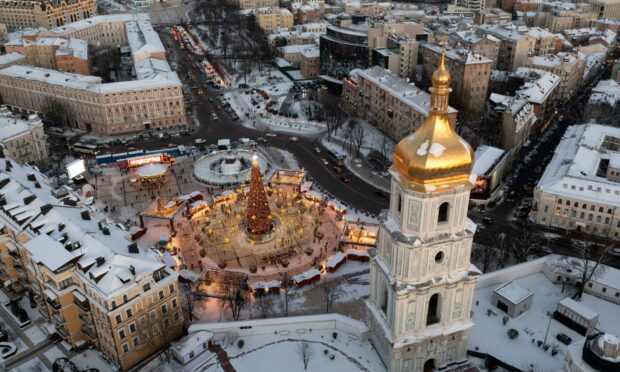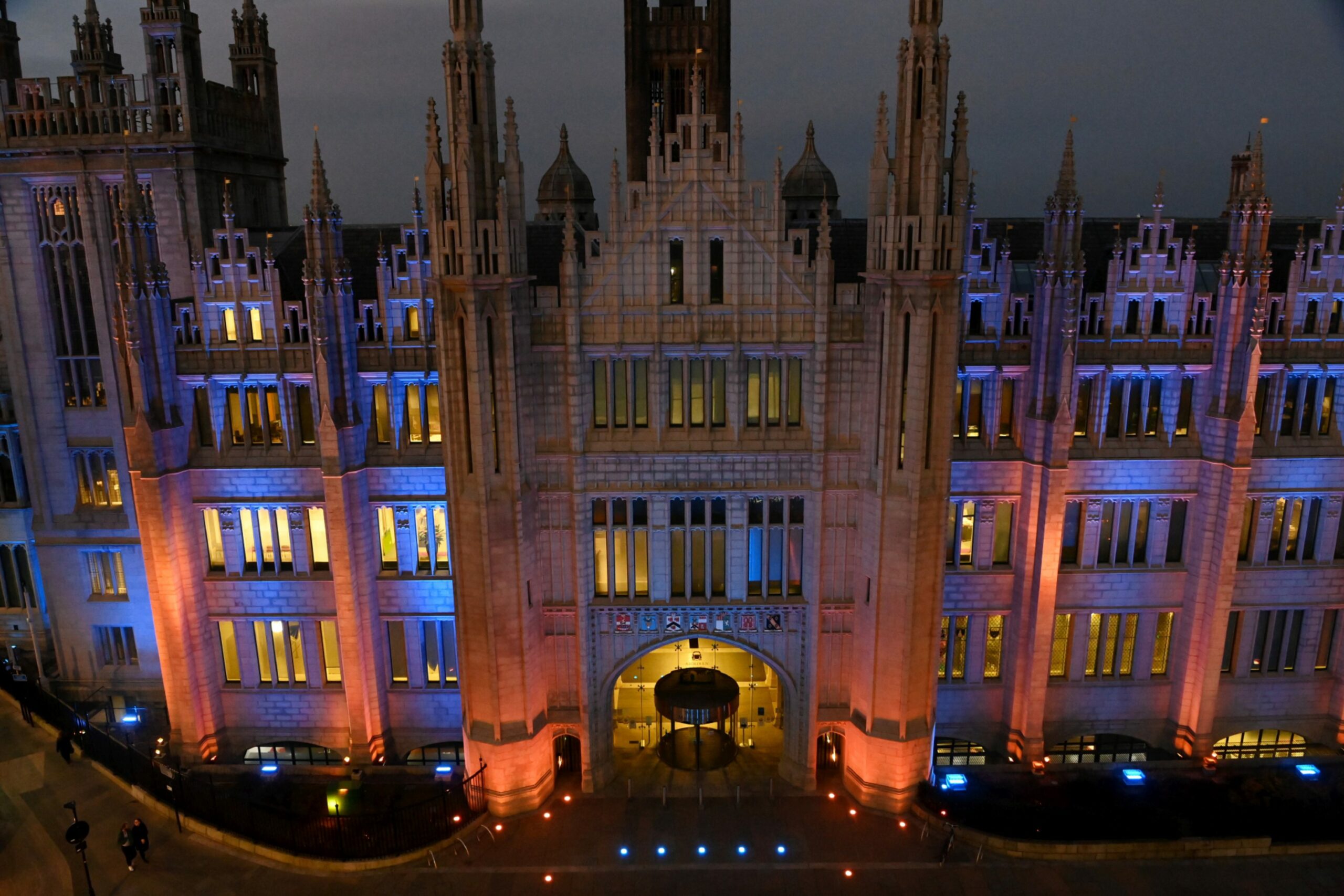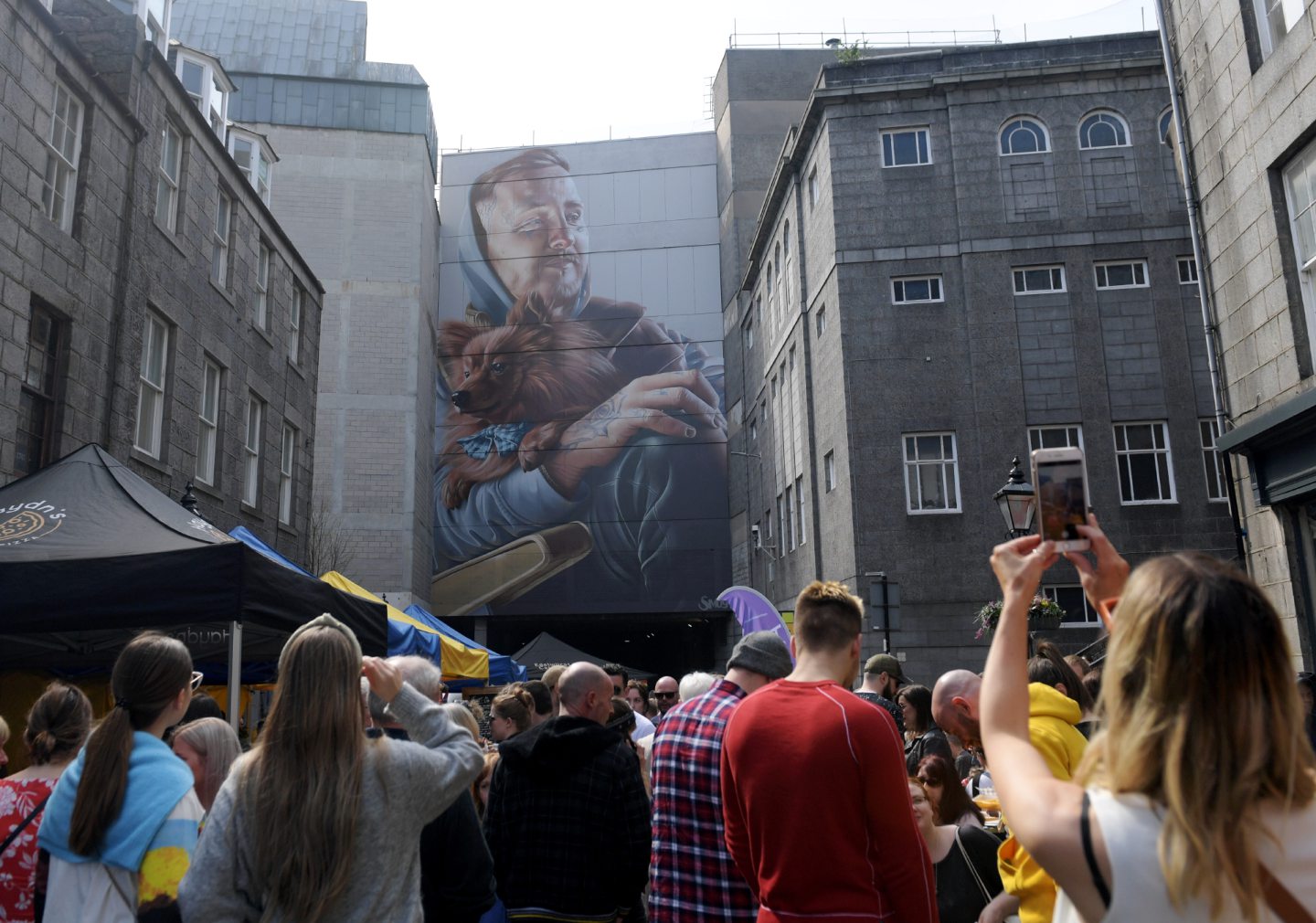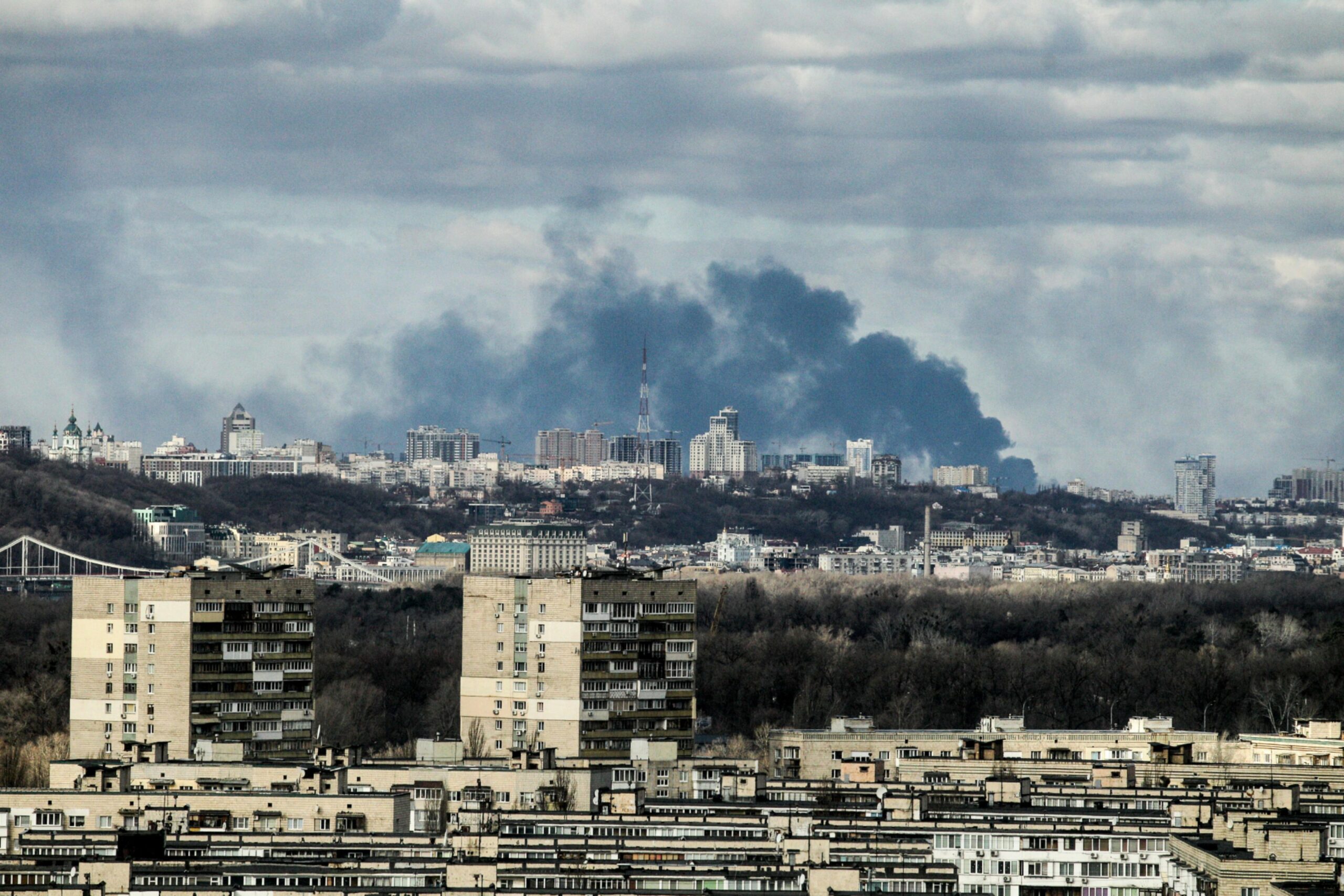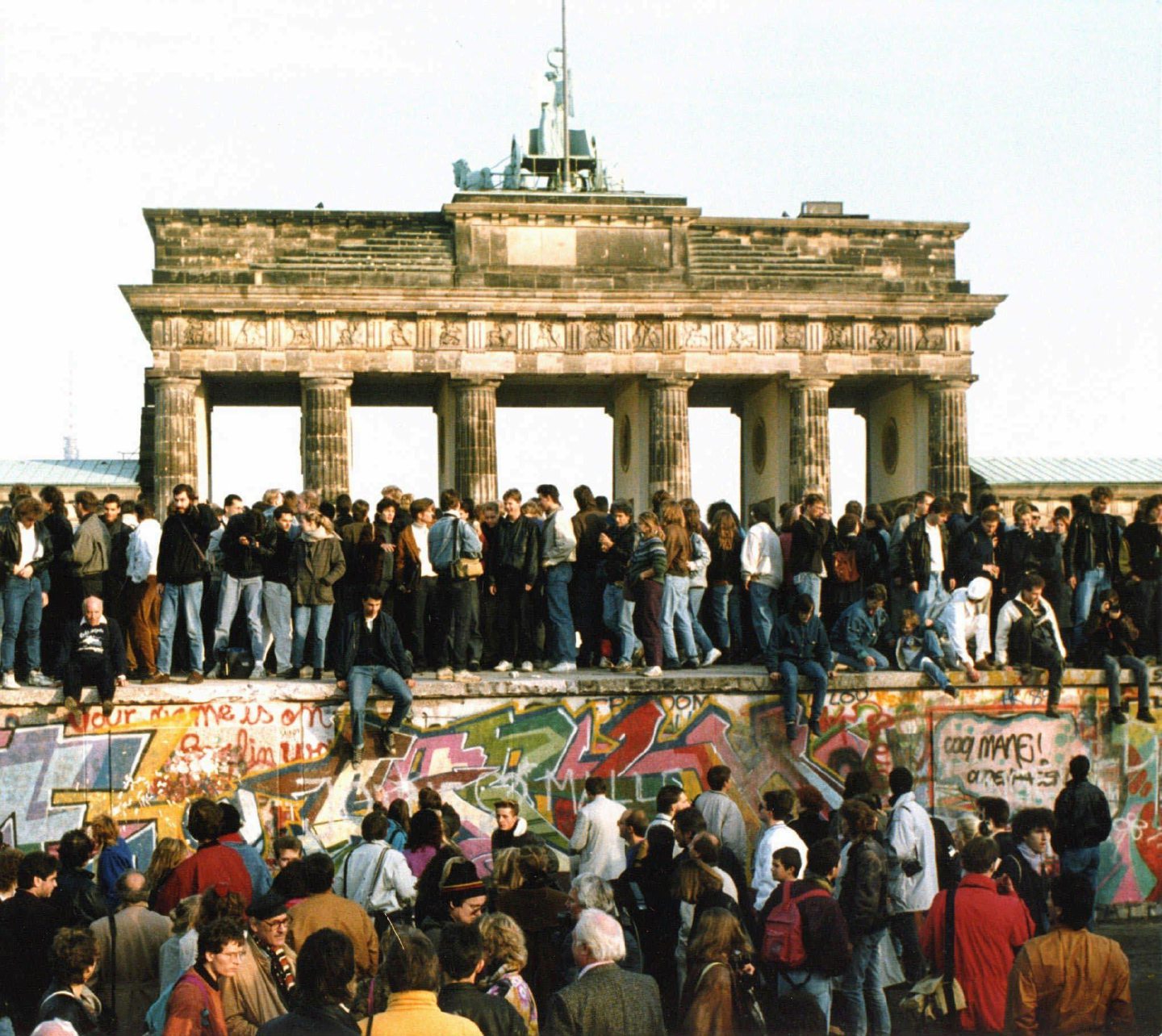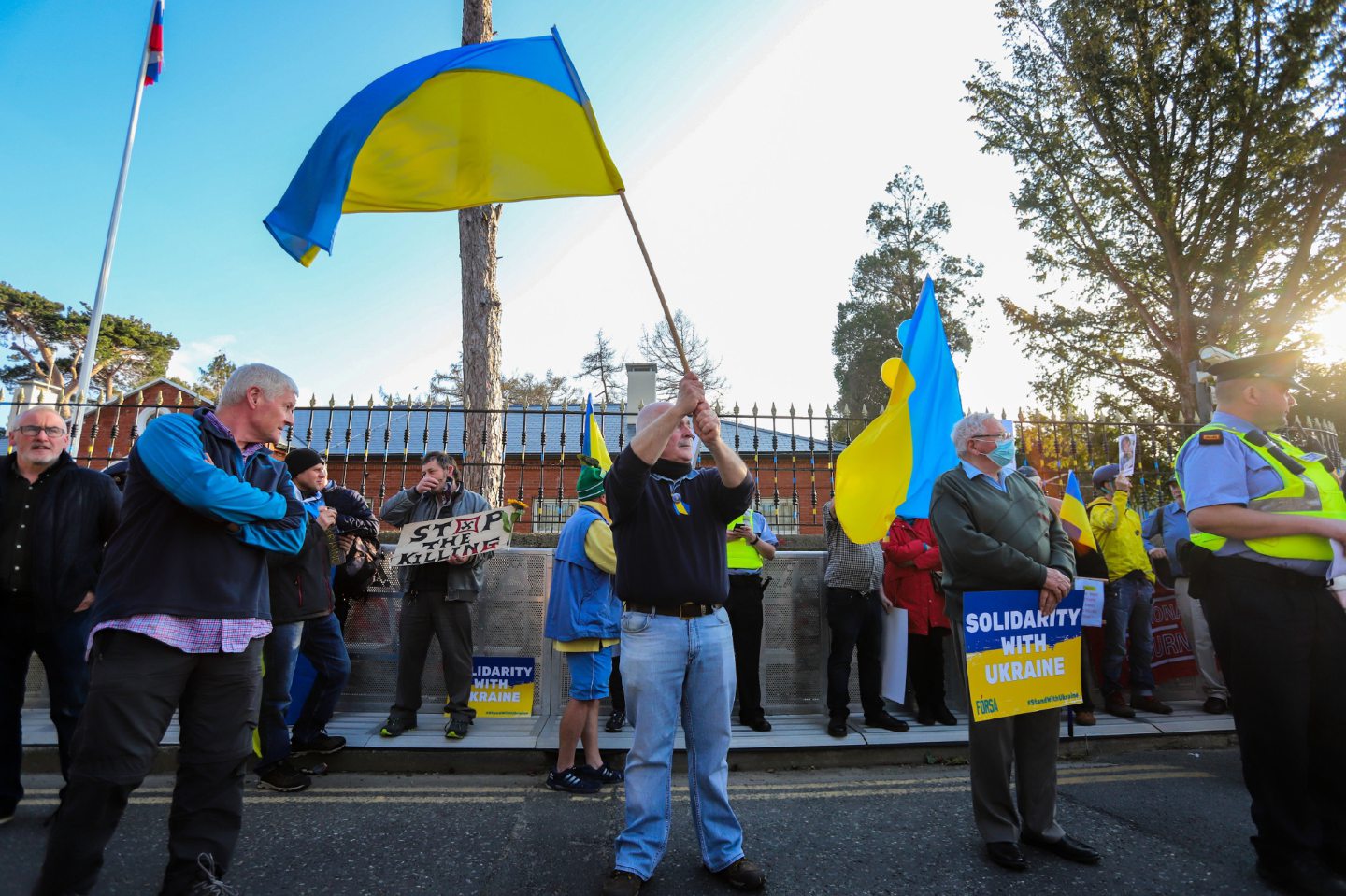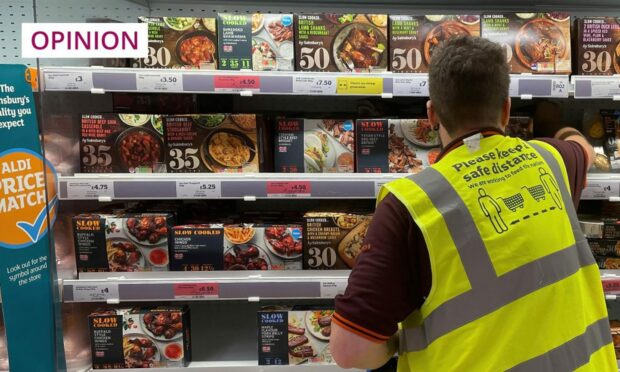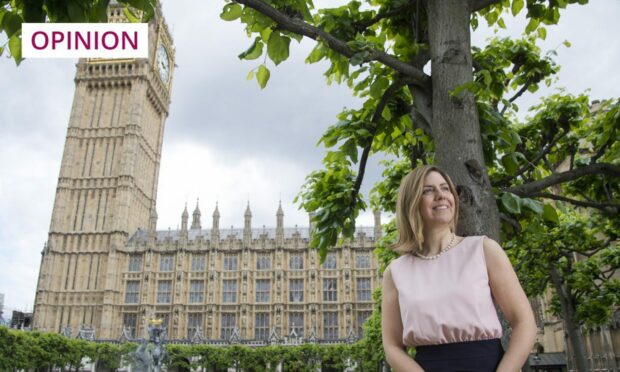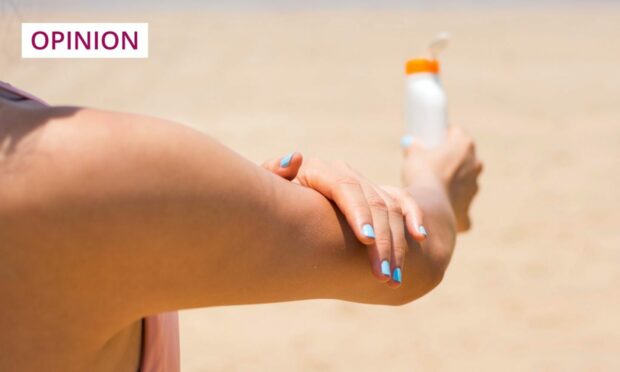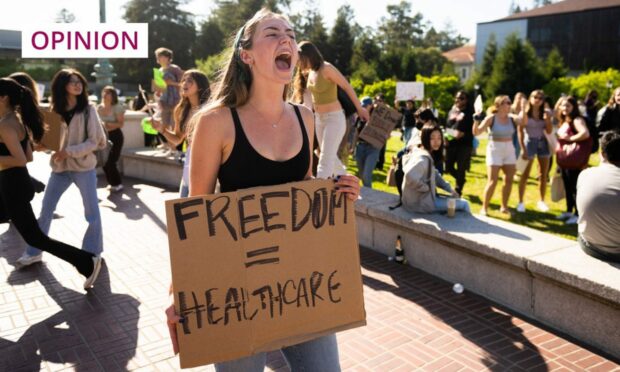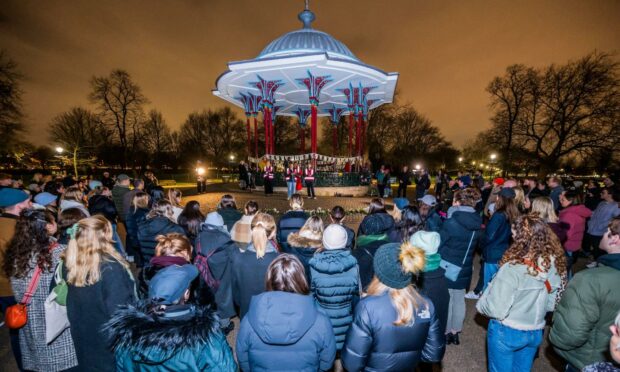During spring 2020, I dreamed of cities.
Locked down in flats without gardens, I’m sure many people at that time longed desperately for wide open spaces: forests, beaches, mountains.
When I needed calm, I closed my eyes and imagined walking through Manhattan streets in the quiet and pale early morning. I wrote about sun-drenched summer days in Glasgow’s Kelvingrove Park and wanted to climb into the page. I pictured myself sipping black coffee and curiously watching life go by from a Parisian pavement cafe.
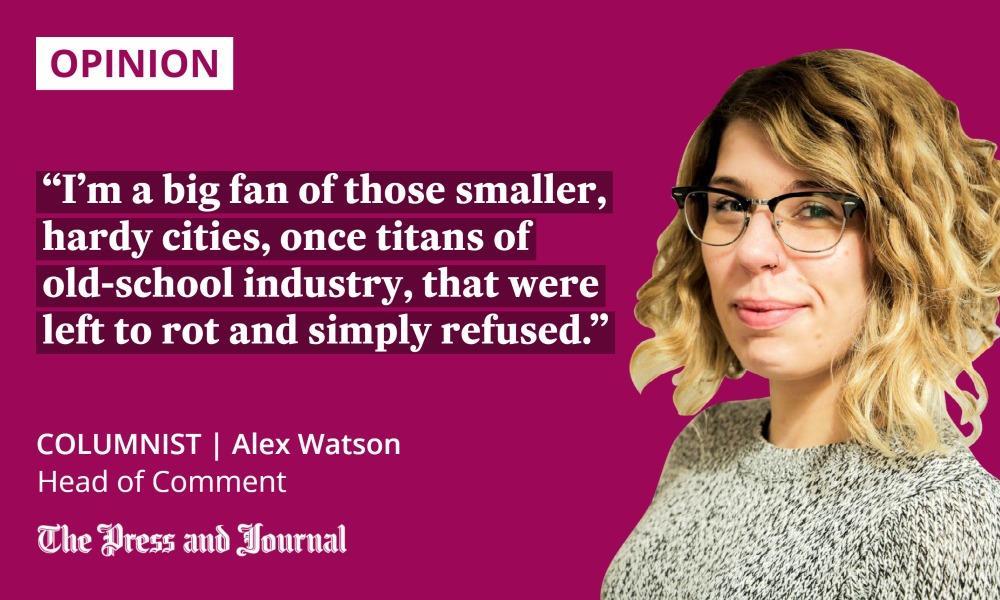
In her novel, Heartburn, Nora Ephron was talking about New York when she wrote: “I look out the window and I see the lights and the skyline and the people on the street rushing around looking for action, love, and the world’s greatest chocolate chip cookie, and my heart does a little dance.” But that’s exactly how I find myself feeling about every single city I’m lucky enough to visit.
It’s not just the shiny, bustling metropolises, immortalised a thousand times in films, it’s all of them. I have a soft spot for Dundee, for Aberdeen, for Sheffield, to name a few favourites. I’ve yet to find a city I don’t like.
It’s great up north
I know plenty of people don’t agree because they tell me, whether with words or eye-rolls or little derisive scoffs.
But I’m a big fan of those smaller, hardy cities, once titans of old-school industry, that were left to rot and simply refused. Instead, they evolved into unique, cultural hubs with so much to offer.
Empty warehouses transformed into pubs, food markets, recording studios; world-renowned museums; excelling sports teams; well-established universities and arts scenes attracting all kinds of brilliance. Madchester reverberated across the world. Sheffield alone has given us Pulp, Arctic Monkeys and the sensational Self Esteem, for goodness’ sake.
I honestly believe Aberdeen is well on its way to a renaissance after its own tough time. Some of the Granite City’s harshest critics are its own residents. I’m not sure if they truly believe it, or if they’ve internalised the condemnation unfairly hurled by outsiders.
But, as one of those outsiders invited in, here’s what I see. There’s stunning architecture, a beautiful beach, a fiercely beloved football team, an abundance of incredible art, cool and unique festivals, an increasingly exciting food and drink scene. What more does a city need?
In both Scotland and England, there’s an odd, overriding belief that cities “up north” are somehow inferior. It simply isn’t the case.
And this kind of preconceived, often immovable, but ultimately inaccurate mindset isn’t unique to the UK.
The essence of a culture has been blasted away
As the early images of Russia’s despicable invasion of Ukraine reached us in the West, some seemed truly shocked that the Ukrainian locations we were seeing attacked looked “just like ours”. Well, of course they did.
I worry that I’ve already become too ‘used’ to the atrocities happening in Ukraine; desensitized to the horror
Not even two months ago, Kyiv, Mariupol, Odessa and so many more were modern European cities, filled with modern Europeans, living and working. Now these places are smouldering rubble.
Buildings, monuments, the essence of what defines a culture were all blasted away in moments by Russian bombs, and it’s not over. The situation is heartbreaking. Unimaginable.
When the invasion, killing and destruction began, there was little else on our collective minds. But, now, even as peace talks fail and Russian troops advance across the country, obliterating people, landmarks and anything else in their path, I feel like we aren’t talking about it as much.
I worry that I’ve already become too “used” to the atrocities happening in Ukraine; desensitized to the horror. At least 24,000 are estimated to have died and 11 million have been driven out of their homes.
As hideous as it feels to admit, I’ve grown accustomed to high death rates in recent years. Since the pandemic started, we’ve been hit with so many daily statistics that I now struggle to relate the numbers to real human lives. It’s a grim but once necessary coping mechanism that’s stuck.
But, in a different European capital city about 700 miles from Kyiv, the impact of what has been taken in Ukraine – of what is still being taken as I write – hit me.
Berlin rose again – but it took so long
In Berlin, just a couple of weeks ago, I stood in front of the Neues Museum, which was destroyed during the Second World War. It only reopened to the public in 2009. For 64 years, it was a ruin.
As historic as it looks, plenty of Berlin has been faithfully rebuilt after WWII damage, much of it very recently. Some of it is still being reconstructed. And some of it won’t be rebuilt at all.
Visiting in the mid-1980s, my parents remember wrecks of buildings just beyond Checkpoint Charlie, in what was then East Berlin, that had been left untouched for decades. That part of town is sleek, shiny and new now. What once stood on those streets has been lost; not just bricks and mortar, but people, too.
Berlin rose again after so many dark days, but it took far longer than I realised.
We have to help Ukraine prevail and rebuild
Somewhere right now, someone I don’t know is dreaming of peaceful, whole Ukrainian cities to get themselves through.
Perhaps this is just another of my coping mechanisms, but I have to believe that Ukraine – its culture, places and, most importantly, people – will prevail and, one day, recover.
I have faith that, while those hardy cities will be forever changed and scarred, they will persevere; bring back great, old things and create exciting, new things. I desperately hope that it won’t take 60 years or more for it to happen.
I desperately hope the rest of the world will stay interested, set their preconceptions aside, and do whatever it takes to help them.
Alex Watson is Head of Comment for The Press & Journal and made it back to that Parisian pavement cafe eventually
